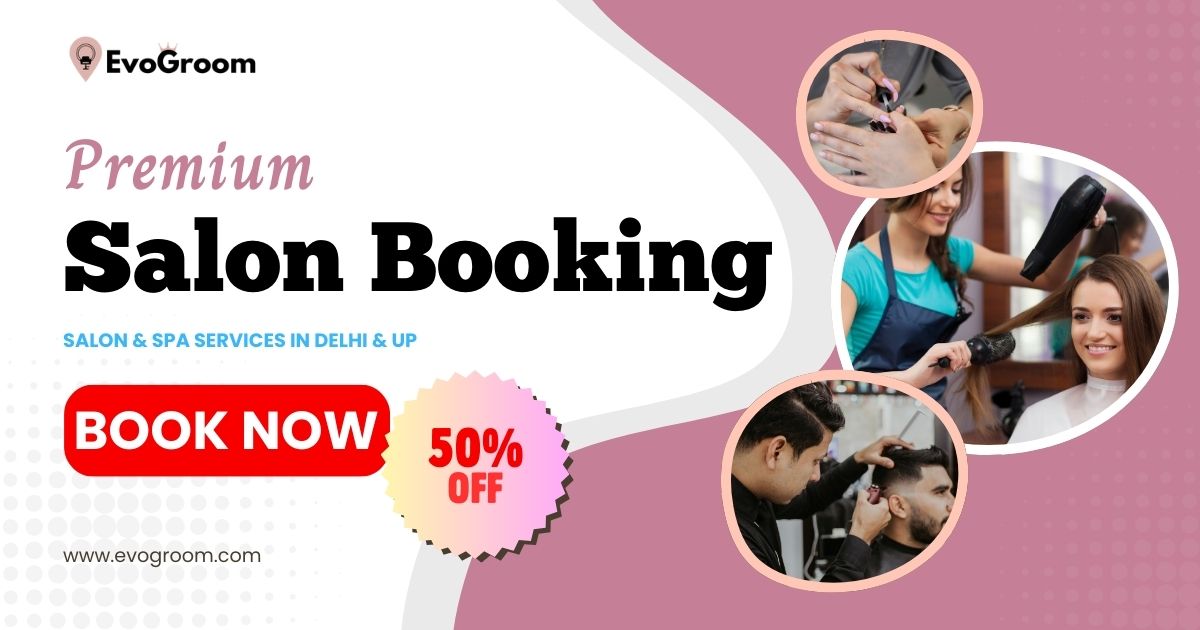The landscape of digital marketing is undergoing a continuous change, and being updated on these trends will be the sole reason that will keep the business relevant in the future. This year 2024 is characterized by three main trends changing the way companies connect with their audiences - Artificial Intelligence, Automation, and Personalization. Let's look at how these changes are shaping the face of digital marketing and why they're critical to businesses hoping to keep up.
1. Artificial Intelligence (AI) in Digital Marketing
AI is no longer just a buzzword—it's a fundamental part of modern marketing strategies. AI-powered tools can analyze vast amounts of data to gain insights into consumer behavior, preferences, and trends. This allows businesses to make data-driven decisions and optimize their marketing efforts.
AI is used in various digital marketing applications, such as:
Chatbots: AI-driven chatbots provide real-time customer support and can handle multiple customer interactions simultaneously, improving the overall customer experience.
Content Creation: AI tools like GPT-4 can help marketers generate blog posts, social media content, and even email copy, reducing the time spent on manual content creation.
Predictive Analytics: AI helps predict future customer behavior, enabling businesses to target their marketing campaigns more effectively.
2. Automation: Streamlining Marketing Efforts
Marketing automation is changing the nature of business due to automation of repetitive tasks and allowing marketers to focus more on much more strategic work. This process can automate various tasks such as:
- Email Campaigns: Automated email workflows can send personalized messages to subscribers based on their actions, such as making a purchase or abandoning a cart.
Social Media Scheduling: Automation tools like Hootsuite or Buffer allow businesses to schedule and post content across multiple platforms at optimal times, saving time and ensuring consistency.
Ad Campaigns: AI-powered platforms can automatically optimize ad spend and targeting for platforms like Google Ads and Facebook, ensuring that marketing budgets are used efficiently.
Automation not only increases efficiency but also enhances the customer journey by ensuring timely and relevant interactions.
3. Personalization: A Key to Customer Engagement
The customer today requires much more from brands in terms of personalization. No longer just about personalizing greetings with the customer's name; it has become a whole design geared to ensure the right content, offers, or recommendations are served at the right time, based on specific needs and behaviors of that person.
Some ways businesses are using personalization include:
Targeted Content: Personalized emails, blog posts, and videos that address a customer’s specific needs or interests can increase engagement and conversion rates.
Product Recommendations: E-commerce platforms use AI to analyze customer behavior and recommend products they are likely to purchase, enhancing the shopping experience.
Dynamic Websites: Personalized landing pages or web experiences tailored to a visitor’s location, previous interactions, or preferences can improve user satisfaction and lead to higher conversion rates.
The Power of AI, Automation, and Personalization Combined
When AI, automation, and personalization work together, the result is a highly efficient and targeted marketing strategy that delivers exceptional customer experiences. For example, an AI-driven automation system can analyze a customer’s past interactions, segment them based on behavior, and then send personalized content or offers at the optimal time—automatically.
These three digital marketing trends are keeping the businesses growing by driving engagement, increasing efficiencies, and delivering more personalized experience at scale. To achieve this, businesses will have to be further positioned within the competitive landscape of digital at the end of 2024 by embracing these technologies.



